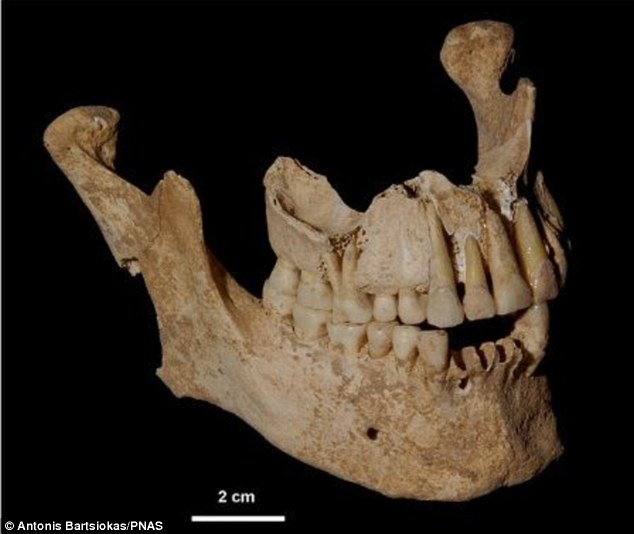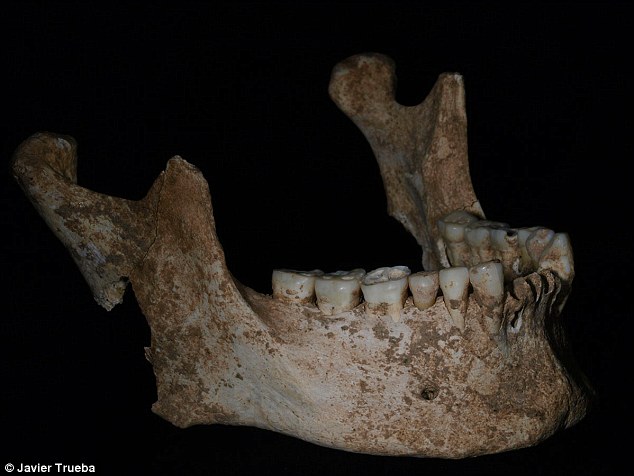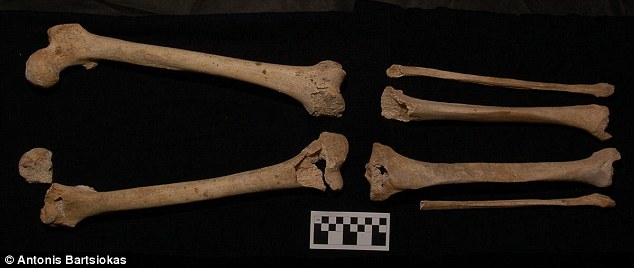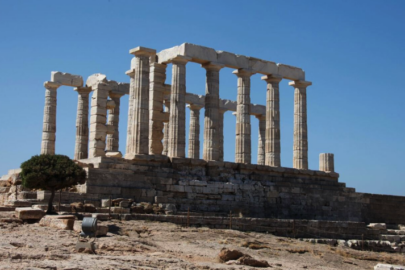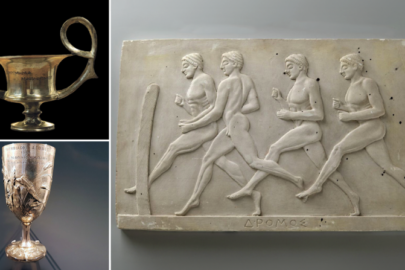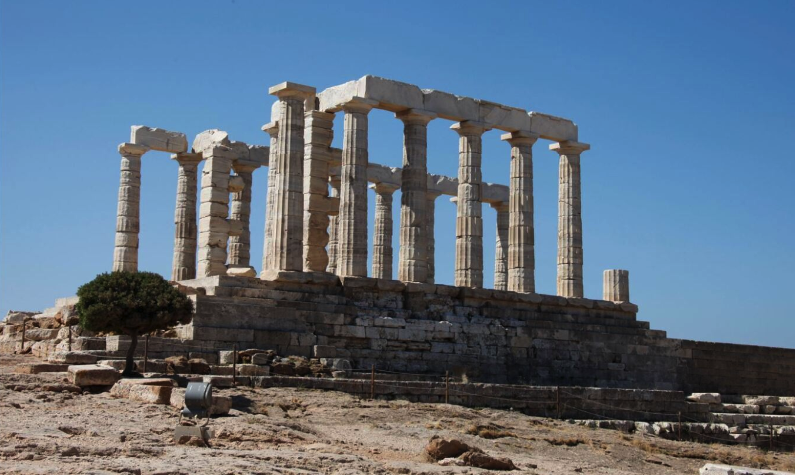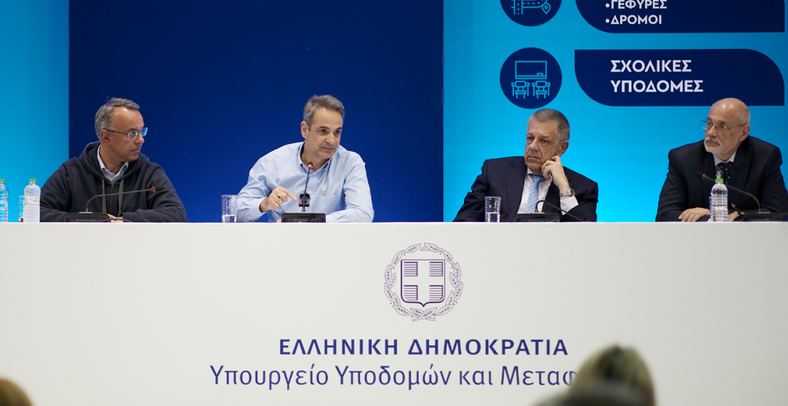Experts confirmed that the skeletal remains found in a tomb in Vergina, northern Greece, belong to King Philip II of Macedon, Alexander the Great’s father. The forceful ruler suffered a leg wound that left him partially crippled three years before his assassination in 336 BC. New research found evidence of his injury and signs of lameness in the skeletal remains.
The remains of a female and infant buried with the identified skeleton is believed to be that of King Philip II’s wife Cleopatra and their newborn child. Alexander the Great was the son of his fourth wife, Olympias. He later fell in love with teenager Cleopatra Eurydice, the niece of Macedonian general Attalus. The couple reportedly had two children – a boy called Caranus and a girl called Europa, who was born just days before his death.
Upon his assassination, Alexander became the king of Macedon at the age of 20.
In 1977 and 1978, Royal Tombs I and II were found to have two male skeletons. Experts assumed Philip was the male skeleton in Tomb II, however, the skeletons had no lesions to the legs that indicate a deformity. Separate studies found evidence that Tomb II contained the remains of King Arrhidaeus and his wife Eurdice.



